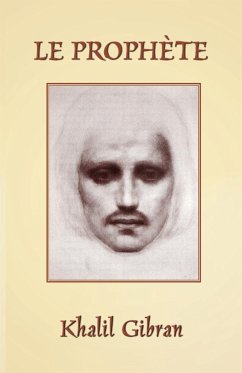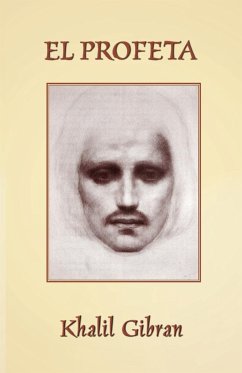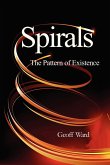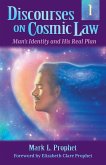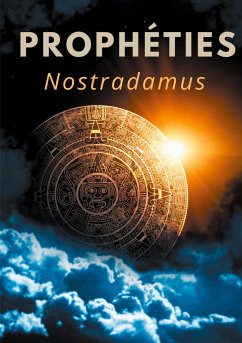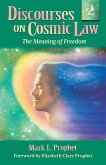Le Prophète est un livre constitué de 26 fables écrites dans une prose poétique en anglais par le poète et philosophe libano-américain Kahlil Gibran. Il a été publié pour la première fois en 1923 et est l'¿uvre la plus célèbre de Khalil Gibran. Le Prophète a été traduit dans plus de 100 langues, en faisant un des livres les plus traduits dans l'histoire. Ses rééditions n'ont jamais cessé. Le récit nous présente le prophète Almustafa, qui a attendu douze années qu'un navire vienne finalement le chercher, pour le ramener dans sa terre natale. Avant son départ, des habitants de la cité d'Orphalese lui demandent une dernière fois de partager ses réflexions sur différent sujets (¿Parle nous de...¿). Le prophète prononce alors 26 sermons qui traitent de questions quotidiennes de la vie humaine, à savoir l'amour, le mariage, les enfants, le don, la nourriture, le travail, la joie et la tristesse, la maison, les vêtements, le commerce, le crime et le châtiment, les lois, la liberté, la raison et la passion, la souffrance, la connaissance de soi, l'enseignement, l'amitié, la parole, le temps, le bien et le mal, la prière, le plaisir, la beauté, la religion, et enfin la mort. Dans le chapitre final, Almustafa entremêle à son discours de départ une réflexion sur le sens. ---------- The Prophet is a book of 26 fables written in English prose poetry by the Lebanese-American poet and philosopher Kahlil Gibran. It was first published in 1923 and is Gibran's best known work. The Prophet has been translated into over 100 languages, making it one of the most translated books in history. It has never been out of print. The narrative introduces us to the Prophet Almustafa, who has waited twelve years for his ship, which will finally take him back to his homeland. Before leaving, some inhabitants of the city of Orphalese ask him to convey to them his insights on various topics for the last time ("Speak to us of..."). The Prophet relates 26 sermons that deal with basic questions of human life, such as love, marriage, children, giving, eating and drinking, work, joy and sorrow, houses, clothes, buying and selling, crime and punishment, laws, freedom, reason and passion, pain, self-knowledge, teaching, friendship, talking, time, good and evil, prayer, pleasure, beauty, religion, and finally death. In the final chapter, Almustafa interweaves a discussion about the question of meaning into his parting words.
Hinweis: Dieser Artikel kann nur an eine deutsche Lieferadresse ausgeliefert werden.
Hinweis: Dieser Artikel kann nur an eine deutsche Lieferadresse ausgeliefert werden.

